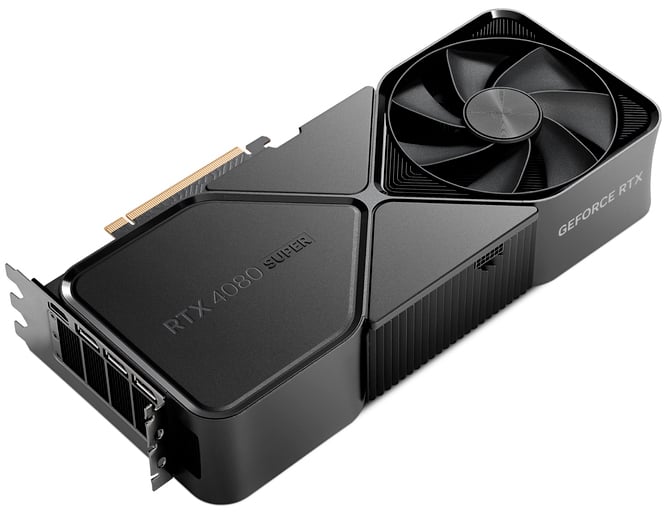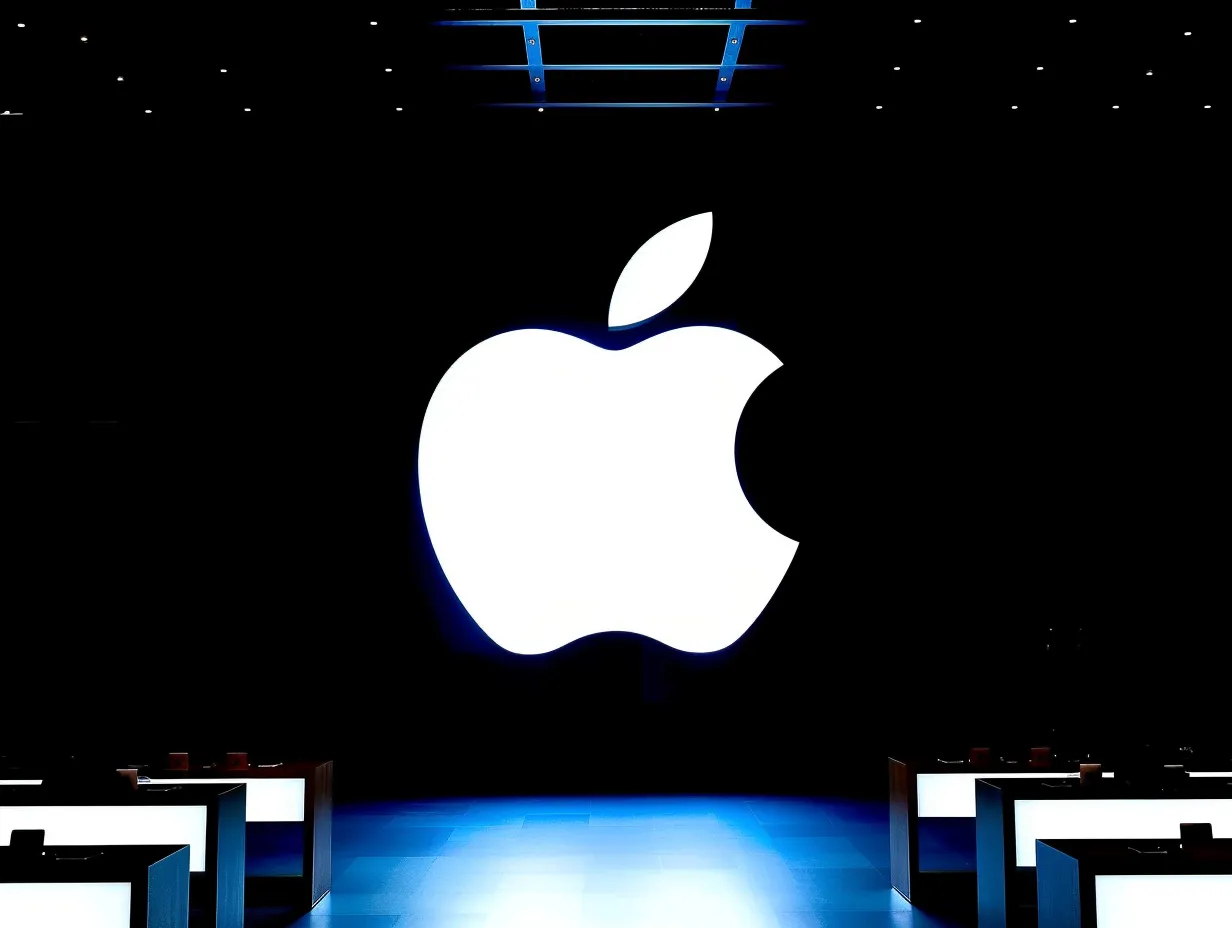In a groundbreaking move, Nvidia, the tech giant known for its dominance in AI chip technology within data centers powering artificial intelligence (AI) software, has just unveiled a series of new products that could revolutionize the personal computer industry. The company aims to entice consumers with the concept of “AI PCs,” introducing three upgraded desktop graphics chips designed to empower gamers, designers, and computer users with enhanced AI capabilities directly on their personal machines.
Nvidia’s GeForce RTX 4080 Super unveiling and market impact
Nvidia’s latest offerings, unveiled at the CES trade show in Las Vegas, introduce the GeForce RTX 4080 Super, a high-performance graphics chip boasting additional processing cores and faster memory. This powerhouse is set to propel applications like Stable Diffusion XL image generation software 1.7 times faster than its predecessors. Also, the chip is geared to deliver an unparalleled gaming experience with ray tracing technology at 4K resolution. The company emphasizes that these chips will be available at a compelling new price, setting a benchmark for the AI PC market.
Scheduled for release on January 31, the flagship GeForce RTX 4080 Super will retail for US$999. Alongside it, Nvidia has introduced the RTX 4070 Ti Super priced at US$799 and the 4070 Super at US$599, both set to hit the market later this month. With these offerings, Nvidia asserts its position as a frontrunner in powering the next generation of laptops and desktops.
Nvidia’s announcement comes amidst a competitive landscape where major rivals Intel and Advanced Micro Devices have also championed the era of “AI PCs.” The argument is rooted in the belief that AI software functions more securely and responsively when executed on personal computers rather than relying on remote internet services. Nvidia now boldly claims its graphics chips as the superior engines for the evolving landscape of laptops and desktops, challenging the industry’s status quo.
Paired with new software and AI model optimizations, Nvidia’s products promise an “order-of-magnitude” improvement over machines powered by Intel chips. Justin Walker, an Nvidia vice-president, emphasizes the significant leap in performance. As a result, Nvidia’s stock experienced a surge of 5% in New York trading, reaching a record high above US$500 per share, solidifying its position with a market value exceeding US$1 trillion.
Nvidia’s triumph amidst post-pandemic challenges and the tech upgrade quest
While the PC market has witnessed a decline in shipments post-pandemic, Nvidia, with its stronghold in accelerator chips for AI software in data centers, has managed to avoid the downturn. The increased demand for these higher-end chips has catapulted Nvidia to become the most valuable company in semiconductor industry history, surpassing the US$1 trillion market value milestone.
In the broader chip market, the majority of shipped volume still caters to PCs. Chip manufacturers are actively seeking ways to incentivize laptop owners and corporate buyers to upgrade their equipment. The introduction of AI capabilities as a driving force for new purchases emerges as a strategic move to revitalize the PC industry.
Nvidia positions its new chips not only as gaming powerhouses but also as tools for enhancing productivity. The products promise more realistic gaming experiences, with high-definition images enriched by AI. Also, in-game characters will feature improved dialogue generated by AI, while image-editing software, including Adobe, will witness more responsive tools.
Addressing potential concerns, Nvidia assures that the capabilities of its new products will not trigger restrictions imposed by the US government on the export of AI-related chips to China. Yet, it’s worth noting that the top-of-the-line GTX 4090 faced limitations, leading Nvidia to produce a modified version for the Chinese market.
Navigating the AI chip era
As Nvidia reshapes the landscape of personal computing with its cutting-edge AI chips, the industry is at the cusp of a transformative era. The company’s move to position itself as the powerhouse for AI PCs, challenging the likes of Intel and AMD, raises intriguing questions about the future direction of the market. Will Nvidia’s latest offerings indeed usher in a new era of AI-driven computing, and how will competitors respond to this technological paradigm shift? The answers lie in the hands of consumers and the evolving dynamics of the tech industry.





